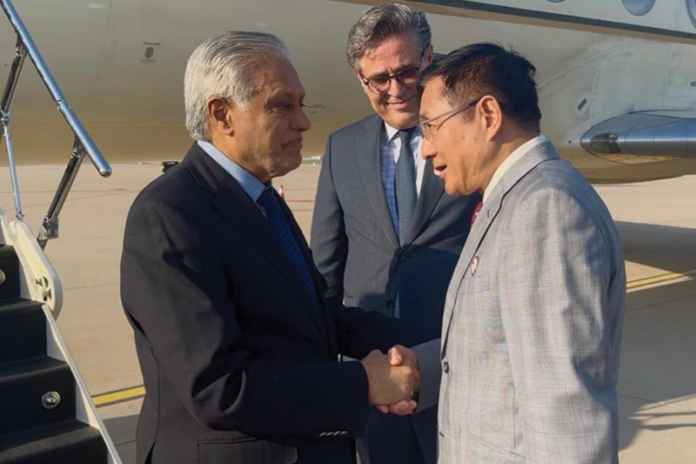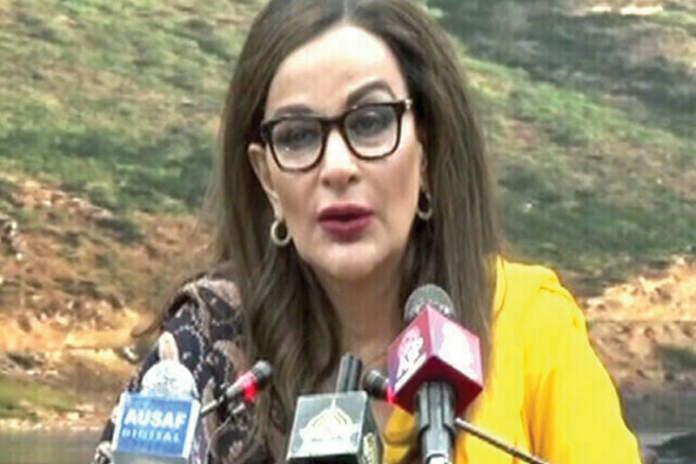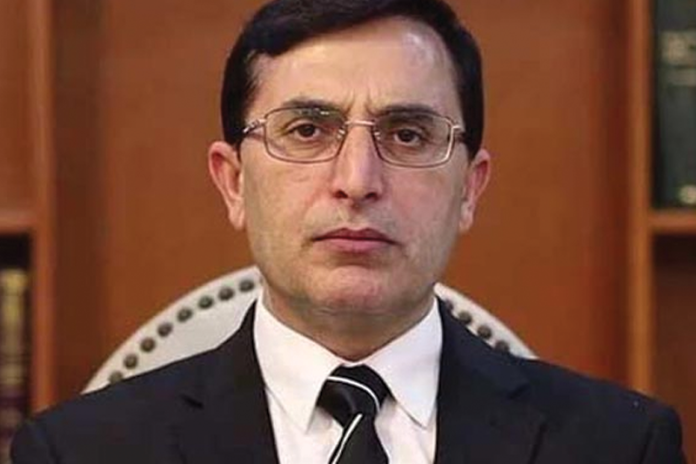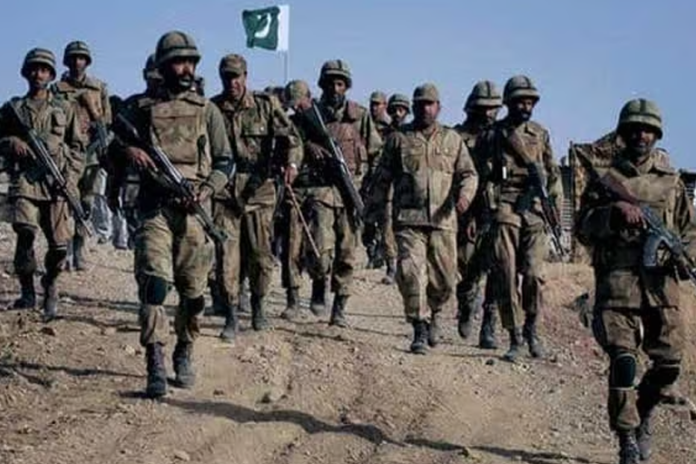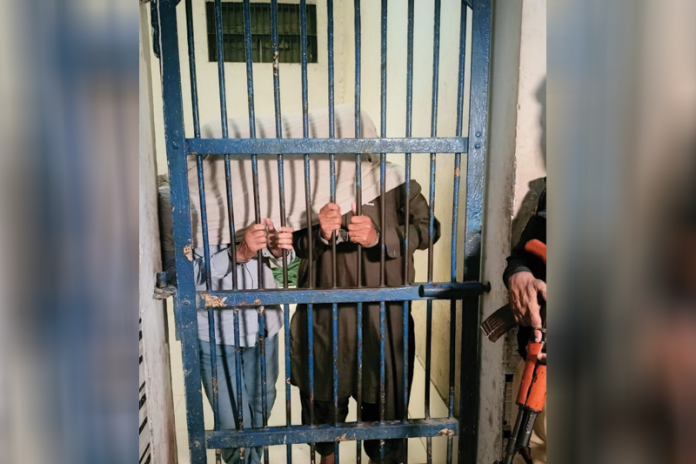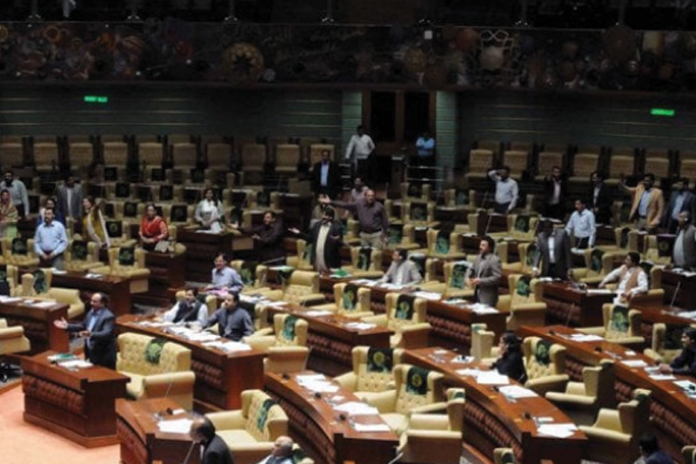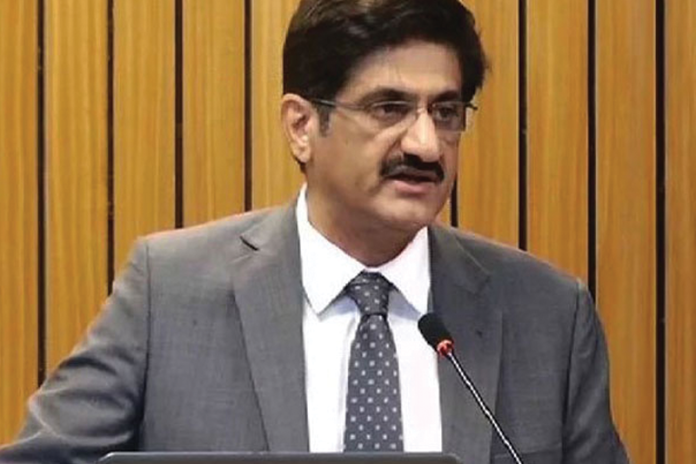Energy crisis persists
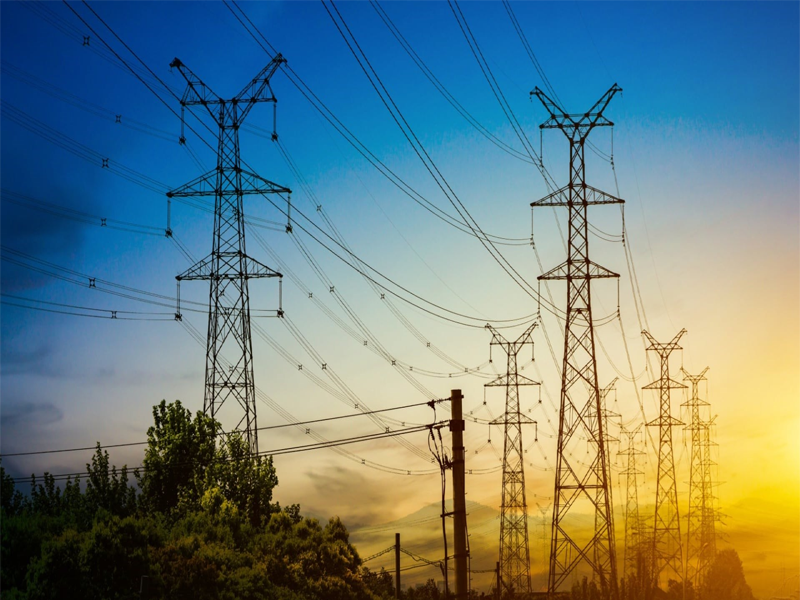
- 201
- 0
In the 1990s and 2000s, when the power crisis in the country became very serious and the daily duration of load shedding reached 18 hours, the governments of that time encouraged the private sector to invest by focusing on projects that provide immediate generation.
Due to which, along with the payment of energy to IPPs, capacity payment was also made, that is, the electricity that was not used would also be paid. The double disadvantage of this was that hydel power generation projects also disappeared from the scene with additional government expenditure of billions of rupees. Along with the increase in production costs, large-scale theft of electricity and giving millions of units free to the privileged class, the deficit was made up by government taxes on bills. In the summer season, the monthly bill of the common man's house exceeded his income. Seeing the anxiety and distress of consumers in the last season, the Govt formed a special task force and gave it the responsibility of reducing electricity prices. The encouraging results of the negotiations and review of agreements with IPPs under the leadership of Federal Minister are expected to emerge in the next few days. Experts say that development in the sectors of agriculture, industry and trade cannot take place until the price of electricity is reduce Reducing the price of electricity is very important to increase growth, for which this issue should be raised with the IMF, while work is also being done with the provinces on the available options. On the other hand, to make electricity cheaper by Rs 10 per unit, the government should start considering transferring the benefits of terminated contracts with IPPs to the public and reducing taxes on electricity bills.
Ministry of Energy sources say that by terminating contracts with five IPPs, the government will save a total of Rs 411 billion, which amounts to Rs 70 billion annually. Possible contracts with 16 more IPPs will result in a benefit of Rs 481 billion. According to a report by the English daily, electricity prices are expected to decrease this month. According to the report, the National Electric Power Regulatory Authority (Nepra) has directed electricity distribution companies, including K-Electric, to refund the additional charges already collected. In separate decisions issued on Tuesday, Nepra has approved a refund of Rs 0.7556 per unit for consumers of the former WAPDA distribution companies under the monthly fuel cost adjustment for November 2024 and Rs 0.4919 per unit for October 2024. It should be noted that this rate is not even a tenth of the reduction in the production cost of Rs 7.2274 per unit. Every poor and rich consumer and the electricity bills used for industry, commerce and agriculture are taxed not only indirectly but also at an extraordinary rate in 11 items, which leads to an average increase of 50 percent in the average electricity bill. The government that came to power in 2013 had enacted effective legislation to eliminate electricity theft, but no positive results have been achieved so far. The government should take immediate action in this matter as in the case of IPPs and strictly implement the law to completely eliminate electricity theft. Complete elimination of electricity theft, gas theft and tax evasion can be a sure way to provide critical financial resources without burdening the public. Full or partial privatization of all loss making public institutions should be done as soon as possible to save national treasury resources. To facilitate tax payment and to prevent tax evasion through the connivance of corrupt elements of the bureaucracy, the entire system should be digitized as in developed countries as soon as possible. The ways of economic improvement can be widened without making the life of the people more difficult. Meanwhile, some experts says that the IMF wants reforms to ensure full recovery of electricity bills and no subsidy or discount to anyone. Why does the country's energy crisis never seem to be resolved. Why do people steal electricity and no one catches them. Line losses are also an odd problem.
If the transmission lines are not working properly, why is it taking so long to get rid of them completely. The government must be tired by increasing the price of electricity, but the revolving debt is still increasing. But why? On the other hand, electricity distribution companiessend as many bills as they want, no one is asking. It would be good to pay serious attention to these points. As a matter of fact, the energy crisis in the form of high petrol and electricity and gas prices, the common man is finding it difficult to make both ends meet. Economists believe that due to the current electricity crisis, Pakistan is suffering from economic recession. Due to this crisis, poverty is continuously increasing and the life of the common man is deteriorating. According to the economic survey, every Pakistani used to spend 7% of his income on electricity and gas, which is now around 10%. In comparison, developed and developing countries spend an average of 5% in this regard. According to the 2022 report of the International Energy Agency, Mexico spends 5.5% of energy, Indonesia 5%, Great Britain 4.8%, while the United States and Canada only 3%. Despite spending more per capita on energy than other countries, each Pakistani consumes only 3895 kilowatts of electricity in a year, which is one of the lowest energy consumption in the world. While Iran, Eastern Europe and China consume 10 times more electricity per capita than us. And even India's per capita energy consumption is twice as high as ours. On the other hand, our cost of generating electricity is the highest in the region because about 60% of electricity is generated from imported oil, furnace oil, LNG and imported coal, while only 40% is generated from hydro, nuclear, solar, wind and biogas.
It should be remembered that the cost of generating electricity from Thar coal is 12 rupees per unit while the cost of electricity from imported coal is 25 rupees per unit. Here it is very worrying that our rulers are more inclined to buy electricity from IPPs. There is no focus on alternative sources of energy, nor are they looking for new wind power generation corridors. That is why Pakistan's biggest problem today is to give 2 trillion rupees to forty IPPs. Currently, various IPPs are completely closed, but the government of Pakistan is continuously paying them capacity.




